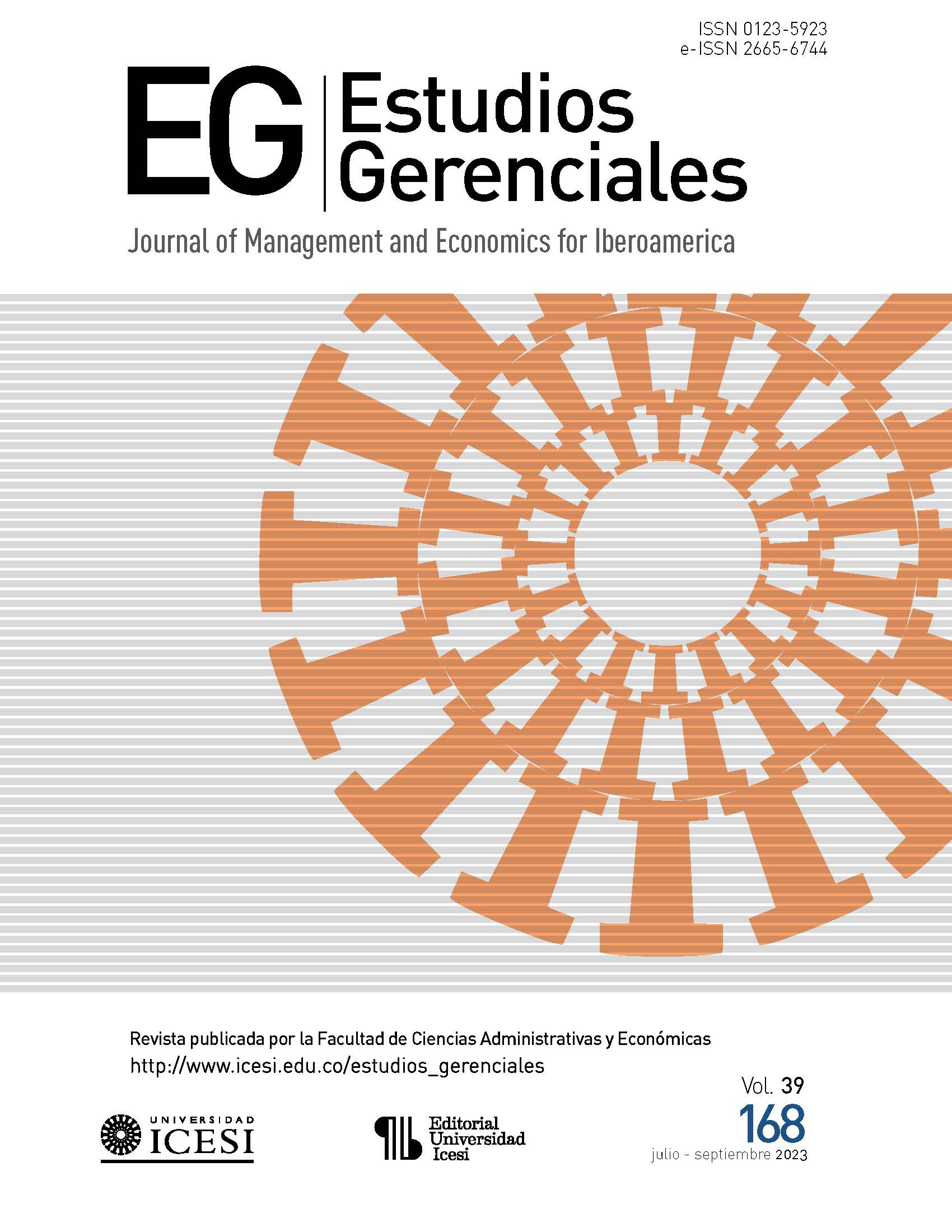Efeitos da Justiça Organizacional na relação entre Consistência na Gestão de Desempenho e Engajamento no Trabalho
DOI:
https://doi.org/10.18046/j.estger.2023.168.5951Palavras-chave:
avaliação de desempenho, gestão de pessoas, atividades meio e atividades fim, setor públicoResumo
O objetivo do estudo é analisar as relações da consistência do sistema de gestão de desempenho de recursos humanos, no engajamento no trabalho, mediado pela justiça organizacional, em uma Autarquia Pública Federal Brasileira. A pesquisa foi realizada por meio de uma survey single Entity. Os achados evidenciam que a consistência do sistema e a justiça organizacional são preditores do engajamento no trabalho. Existe um efeito mediador da justiça organizacional, que influencia a relação entre a consistência do sistema e o engajamento no trabalho. Os resultados oferecem a percepção da importância da consistência do sistema no setor público, e contribuem ao reafirmar que fatores comportamentais de servidores públicos são parte significativa na busca por melhores resultados organizacionais.
Downloads
Downloads
Publicado
Edição
Seção
Licença
Os autores dos artigos serão responsáveis dos mesmos e, assim, não comprometam os princípios ou políticas da Universidade Icesi nem do Conselho Editorial da revista Estudios Gerenciales. Os autores autorizam e aceitam a transferência de todos os direitos para a revista Estudios Gerenciales para a publicão impressa ou eletrônica. Após a publicação do artigo, pode ser reproduzido sem a permissão do autor ou da revista, se mencionar o(s) autor(es), o ano, o título, o volume e o número e o intervalo de páginas da publicação, e Estudios Gerenciales como fonte (se abster de utilizar Revista Estudios Gerenciales).








